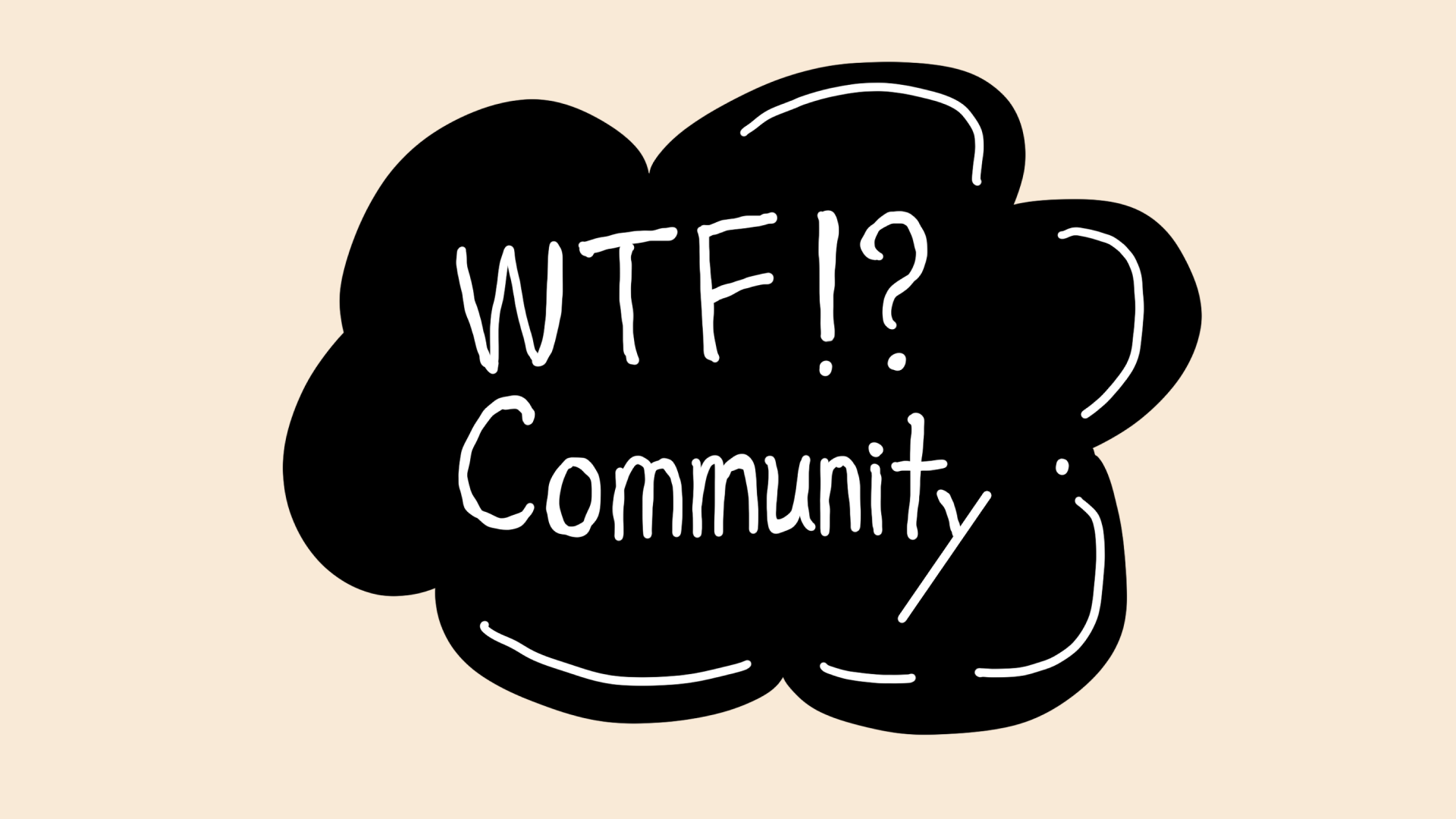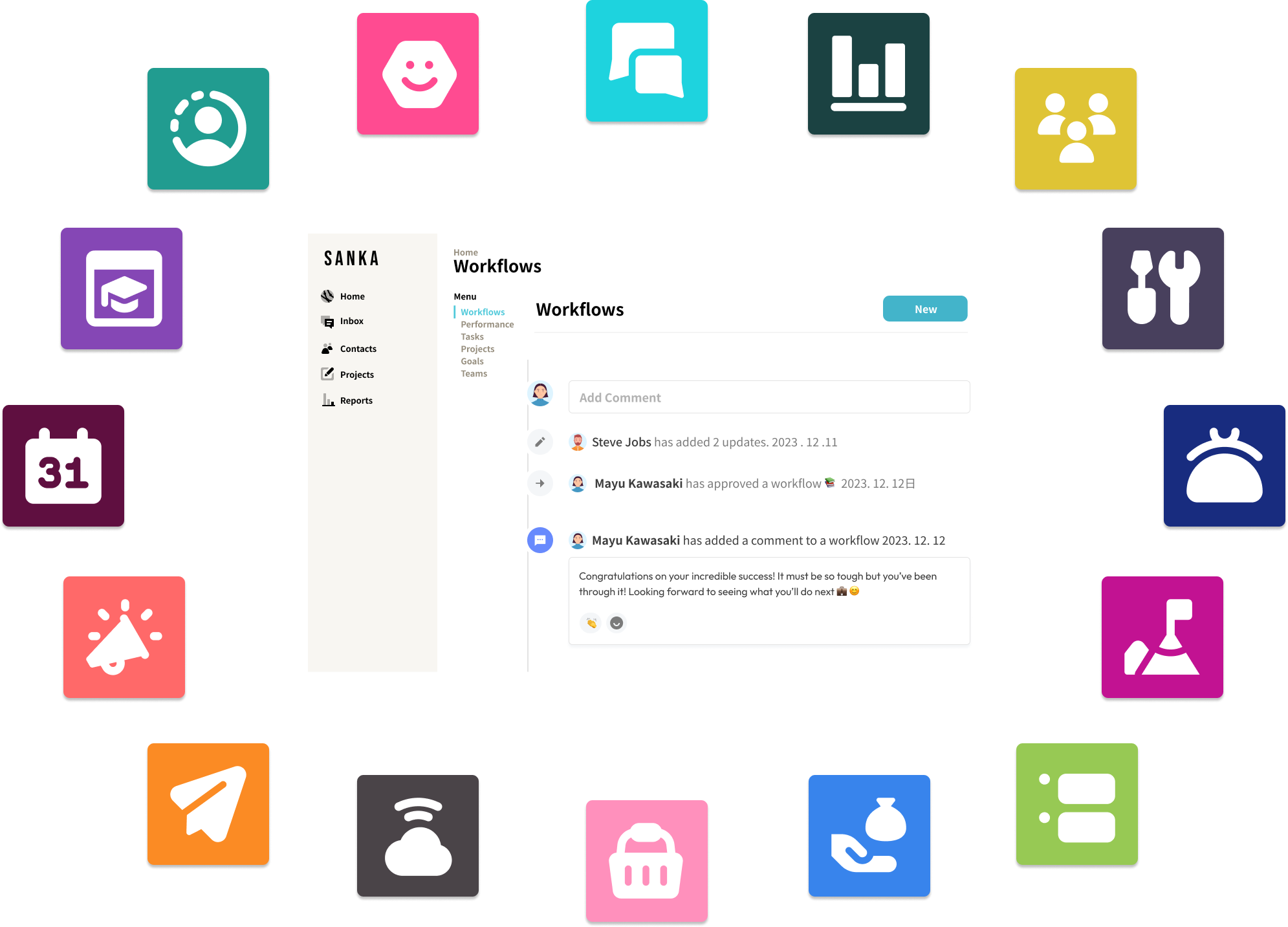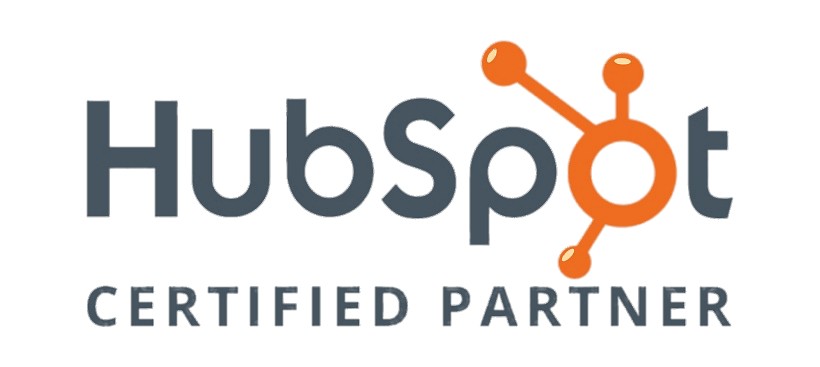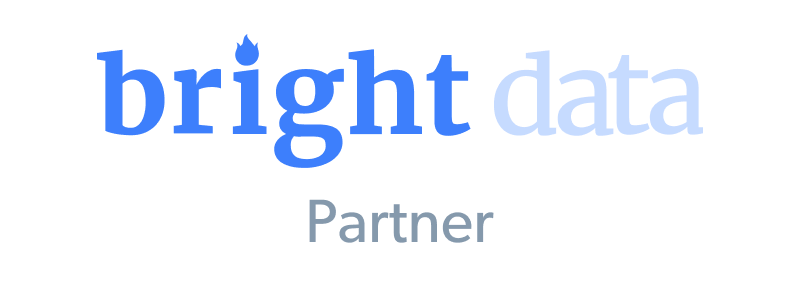"Community" is a word we hear often. We also understand the value of community because it sounds inviting, interesting, and fulfilling. However, do we really know what community means?
We use the word so often that we’re having a hard time defining the term.
In this article, we’ll try to define what "community" is as simply as possible.
What is a community, anyway?
A community refers to a group of people that share common identities - interests, locations, or beliefs.
Within this broader concept of "community", there are many different types of communities, and they can take on many different shapes and sizes.
Religion. Schools. Fandoms. Expert Groups. ERGs. Dog Lovers. You get the point.
But all of them - without an exception - are about people. We humans are the only ones creating social connections to be empowered, engaged, and more than anything, to be happy.
How does community work?
At the heart of any engaging community is the relationship between its members.
Community is not a single player game. Instead, it’s about creating valuable relationships and finding ways to support one another.
How do you create valuable relationships? Having a mission (or common value) is critical. We all have different interests, backgrounds, and perspectives, but every strong community has a clear mission that’s shared by every member.
The mission works as a guardrail policy for members to behave properly and protect the community from unnecessary arguments.
If you’re a community manager - whether you’re running sports events, gaming conferences, or a volunteer group - your first step should be to set a clear mission for your community.
Pro tip: don’t try to attract everyone - that won’t affect anyone. Instead, be specific and resonate with your target community audience.
Community is not…
Community is not a place (villages, cities, countries), an organization (companies, governments, schools, nonprofits), nor an online page itself (Facebook, Reddit, Slack, etc.).
These are attributes of community, however not the community itself. Community is the people who belong to these attributes and relationships among them.
You can belong to many communities.
Depending on your interests, you would belong to multiple communities.
For example, you may be part of a book club, your neighborhood association, a community garden, and a jazz band. Each of these can be considered a type of community, and they each offer benefits and opportunities for growth and connection.
You may not even realize it, but you likely already belong to many different communities and can benefit from deepening the connections you already have.
It doesn’t have to be tied to a location.
Communities aren’t just about where you live or get together.
You can also be a part of online communities by joining discussions happening across the web. Discord servers, Discourse forms, Slack channels you name it.
You could also create your own online community around an idea or cause that you care about. Today, the cost of creating a community is zero.
We often get questions like "which is more engaging: online community and offline community?" The answer is that online communities can be just as meaningful as those that are face-to-face.
You can benefit tremendously from the online connections you make and the support you receive. The principle stays same - it’s about the relationships you create and support you provide.
Conclusion & Next Step
Community is more than just a word used to describe a group of people.
As we saw in this post - community is all about people and their relationships.
Interested in building a community? Check out what we do - we’re here to help.








